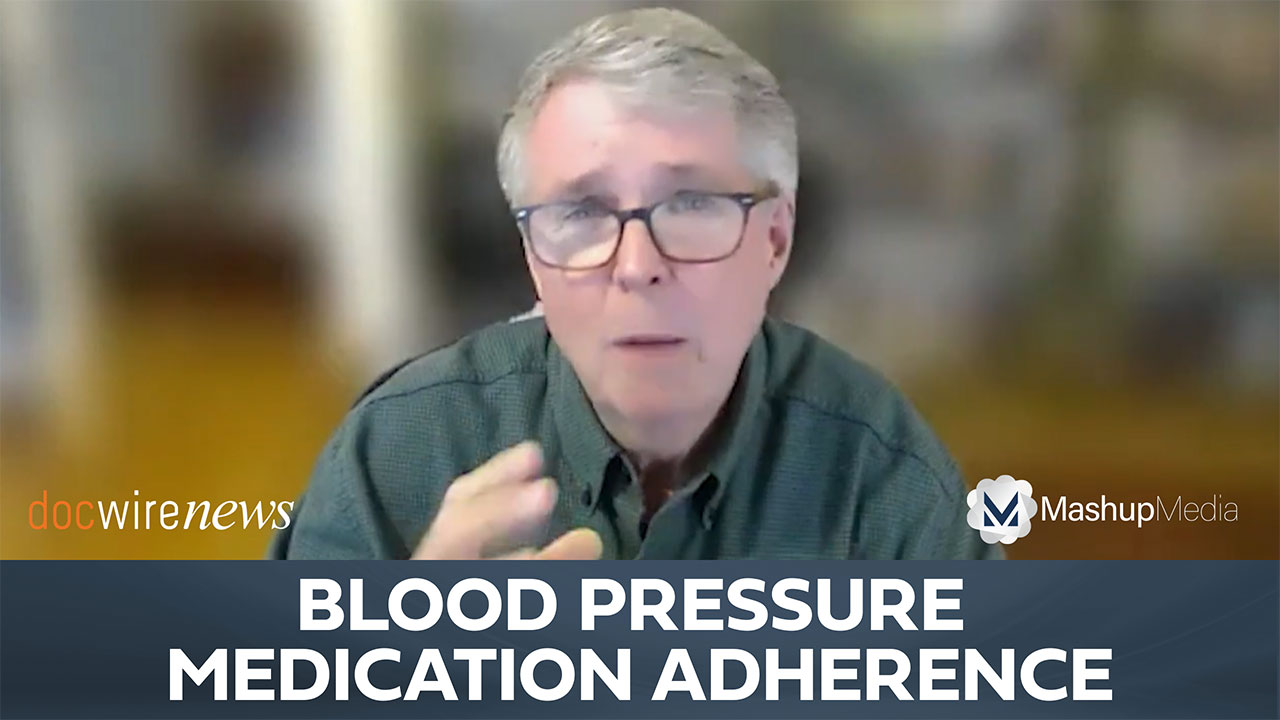
Young adults taking stimulant medications for attention-deficit/hyperactivity disorder (ADHD) may have an increased risk of developing cardiomyopathy, according to a study that will be presented at the American College of Cardiology 73rd Annual Scientific Session & Expo.
ADHD is one of the most common neurodevelopmental disorders in children. It impacts approximately 1 out of 10 American children aged 3 to 17 and may persist into adulthood. The condition is typically treated with behavioral therapy initially, which may be combined with stimulant or nonstimulant medications to help control behaviors. Stimulant medications can elevate blood pressure by causing the heart to beat faster and with greater force.
In this study, investigators used the TriNetX research database, which comprises data from approximately 80 hospitals across the United States, to analyze data from individuals who had been prescribed stimulants paired with data from individuals who had not been prescribed stimulants. Overall, they assessed 12,759 pairs for at least 10 years.
There Is a Risk, but It’s Small
The study found that people prescribed stimulants were more likely to develop cardiomyopathy throughout the 10-year follow-up period, with the gap growing larger each year except the last 2, when it narrowed slightly. Specifically, the researchers noted that people prescribed stimulants such as Adderall and Ritalin were 17% more likely to have cardiomyopathy at 1 year and 57% more likely to have cardiomyopathy at 8 years compared with those who were not taking those medications. However, the overall risk of cardiomyopathy remained relatively low, even when the medications were used for an extended duration. The researchers added that the findings do not necessarily point to a need for health care providers to alter their approach to prescribing stimulant medications.
“The longer you leave patients on these medications, the more likely they are to develop cardiomyopathy, but the risk of that is very low,” said Pauline Gerard, a second-year medical student at the University of Colorado School of Medicine in Aurora and the study’s lead author, via a press release. “I don’t think this is a reason to stop prescribing these medications. There’s very little increased risk from these medications over the long term; it’s a real risk, but it’s small.”







 © 2025 Mashup Media, LLC, a Formedics Property. All Rights Reserved.
© 2025 Mashup Media, LLC, a Formedics Property. All Rights Reserved.